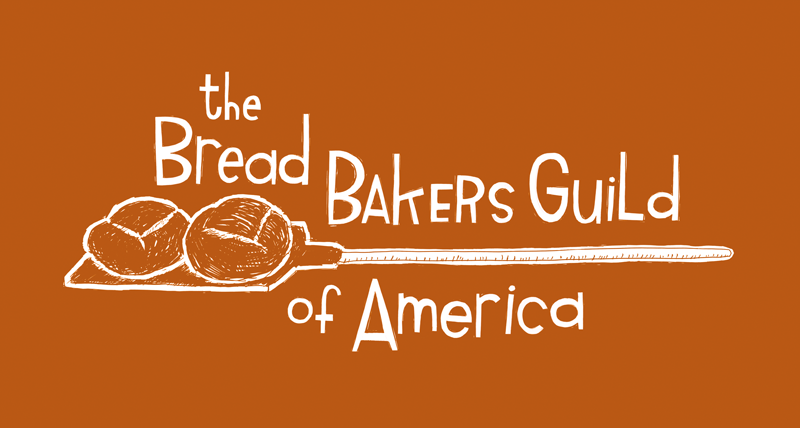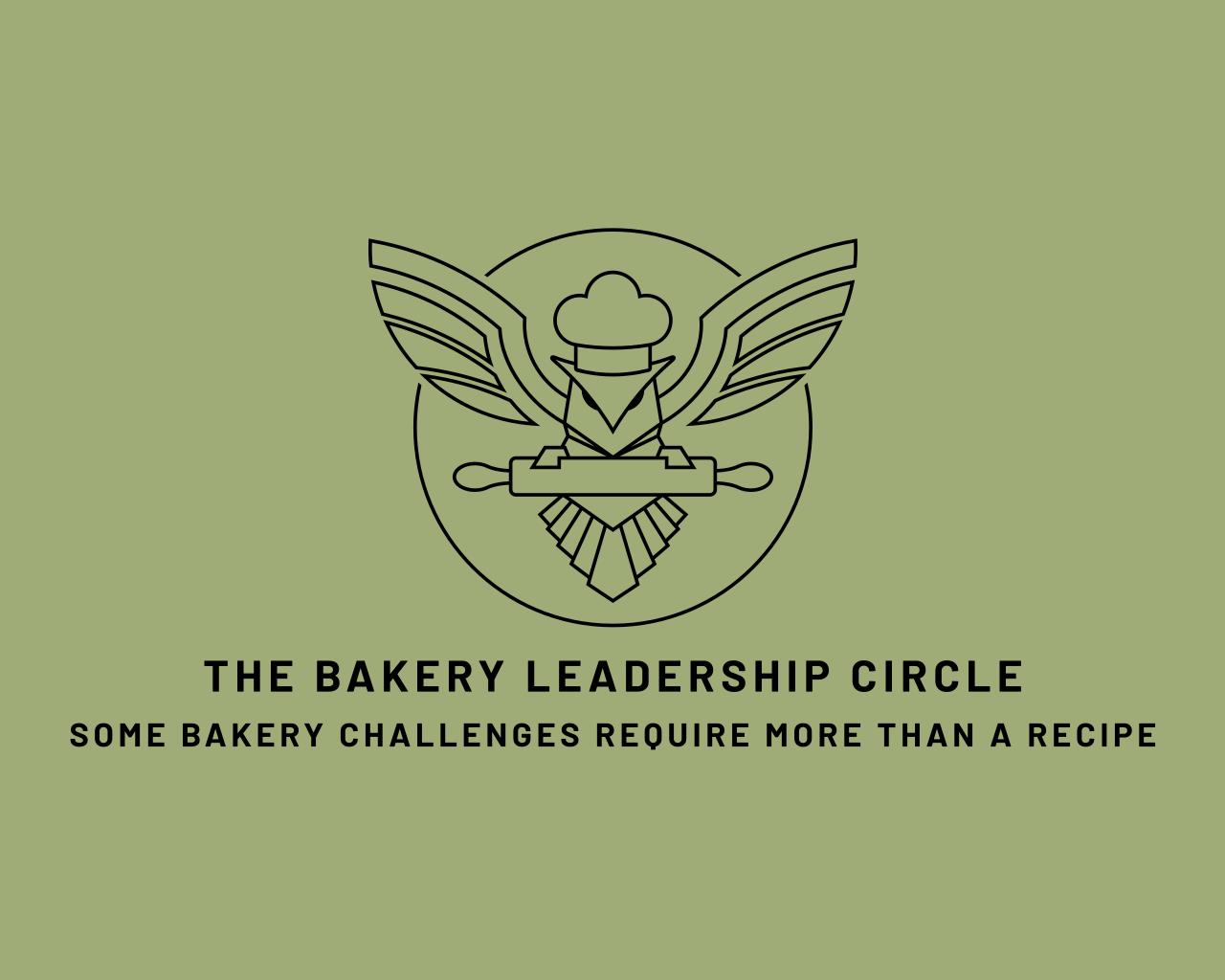Community PracticesThe statements below guide the way we work and collaborate within the Bakery Leadership Circle. Members agree to adopt these practices as a part of their participation in the Circle. |
We are curious, open and respectful
This is a space to learn, share and grow together while showing respect for one another’s basic personhood. We practice inner inquiry. We ask questions. We are open to observations of our behavior, and we are open to sharing feedback with others regarding their actions. We help each other learn and grow by “calling in” (to conversation) instead of “calling out” (with blame). We stretch our willingness to be uncomfortable.
We are committed
We recognize that the individual and collective success of the Bakery Leadership Circle rests on active participation from each member. We dedicate time to the working sessions themselves as well as to the work between sessions and ongoing.
We show up fully
In any small business, distractions are the name of the game. We carve out time for this work and promise to protect that time from those distractions and interruptions.
We honor confidentiality
“What is shared here stays here, what is learned here is shared widely.” If something is communicated in a specific space, we don’t share it beyond that group without permission from the person who shared it. If something is communicated that changes the way that we think and process, we share the benefits of that new awareness.
Ex: We share themes and takeaways with the wider Zoom group after a breakout session and we give others control over what they want to share of their personal experiences.
We are generous
We ask for what we need and offer what we can. Being mindful of the wellbeing of the group means taking care of ourselves and each other. We celebrate our progress and find a sense of play in our work. We forgive ourselves when we make mistakes and embrace that, while we all want to strive to improve ourselves, we are also enough as we are.
We speak from our own experience
We speak with “I” statements and questions (I believe, I wonder, I struggle with, I was hurt by, etc) and we reflect on the social identities we carry that impact our experiences. We make sure we’re not generalizing to entire groups of people or presuming anything about someone else’s experience.
We are better together
No one knows everything and together we know a lot. We believe that each person has something to contribute. We practice being humble and looking for what we have to learn from each person in the room. We share what we know, as well as our questions, so that others may learn from us.
We make space for each other
We contribute to the creation of spaces where everyone can be seen, and so we strive to both share generously and listen deeply. If we tend not to speak a lot, we consider sharing our voice with the group. If we tend to speak a lot, we practice making space for others. We work to create a welcoming environment for those who are less vocal if and when they choose to share.
We can’t be articulate all the time
As much as we may wish we could! We can feel hesitant to participate in a workshop or meeting for fear of “messing up” or stumbling over our words. We want everyone to feel comfortable participating, even if we don’t feel we have the perfect words to express our thoughts.
We can disagree without shaming or blaming
Disagreements are natural, and can foster growth. When we attack, shame, or blame ourselves and others, we are less likely to take in what others are sharing and less likely to problem-solve across our differences. We make space for multiple realities and practice “both/and” thinking. We are willing to accept a lack of closure and agreement. We can disagree and stay connected.
We are mindful of jargon, acronyms, and industry language
We use inclusive language that is accessible for people with varying inside knowledge.
We acknowledge the difference between intent and impact
We embrace the inevitable messiness of stepping into courageous work. Often, when we do or say something that causes harm or supports the values of oppressive systems, it is not our intention to do so. But when we use our good intentions to deny (or avoid being accountable for) the harm, more harm is caused. We each do the work to acknowledge that our intent and the impact of our actions are two different things, and we take responsibility for any negative impact we have. (This can be as simple as apologizing.)
Inspiration for these Community Practices comes altMBA, which in turn was inspired from AORTA and Visions.

